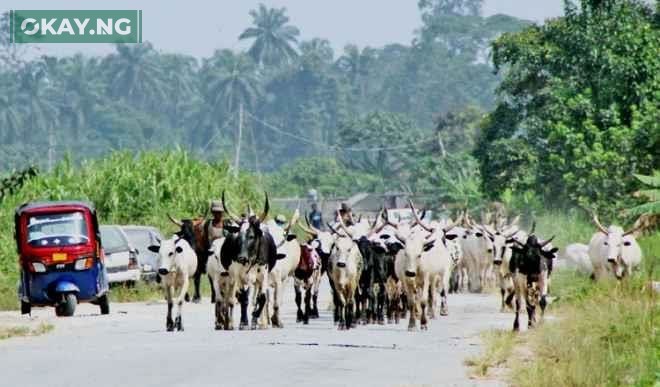In a bid at curbing escalating road fatalities and property damage, Jigawa State Governor Umar Namadi has announced plans to register herdsmen, particularly those engaged in camel herding, amidst a growing influx from neighbouring Niger Republic. The decision comes as a direct response to the alarming frequency of accidents caused by camels crossing state highways, especially during nighttime.
“We cannot continue to lose lives and property due to the reckless behavior of camel herders,” Governor Namadi asserted during a recent meeting with the Camel Rearers Association of West Africa, highlighting the urgency of the situation. The governor’s frustration, palpable in his address, reflects a growing concern among Jigawa residents who navigate roads increasingly shared with roaming livestock.
Jigawa, bordering Niger Republic, a region known for its extensive camel herding practices, has become a seasonal destination for herders seeking greener pastures during the dry season, typically from November to April. However, this seasonal migration has brought with it a surge in night-time road hazards, as camels, often grazed under the cover of darkness, freely traverse the state’s roadways.
The issue, as I understand it, transcends mere traffic accidents. It speaks to the broader challenges of cross-border livestock management and the delicate balance between nomadic traditions and modern infrastructure. As Governor Namadi emphasized, “It is imperative that we take drastic measures to address this issue,” underscoring his administration’s commitment to safeguarding the lives and property of Jigawa’s residents.
The proposed registration of Fulani herders, a measure intended to improve monitoring and security, aims to provide a system for tracking movements and enforcing the existing ban on night grazing. “This move will help track the movements of herders and prevent illegal activities,” the governor explained, signaling a shift towards stricter regulation.
Alhaji Audo Mohammed, leader of the Camel Rearers Association of West Africa, acknowledged the governor’s efforts and sought guidance on best practices for managing camel herding operations within the state. “We appreciate your efforts to address the problem of camels crossing highways,” Mohammed stated, indicating a willingness to collaborate with the government to find sustainable solutions.
Such policy announcements, is profound. For residents, the fear of night-time travel has become a daily reality, a stark reminder of the potential for sudden, devastating accidents. For the herders, the need to find grazing land is a matter of survival, a tradition deeply ingrained in their way of life.
The situation underscores the need for a nuanced approach that respects both the state’s need for safety and the herders’ traditional practices. Effective livestock management, including designated grazing zones and improved road safety measures, will be crucial. Furthermore, cross-border collaboration with Niger Republic may be necessary to address the root causes of this migration.
The governor’s commitment to enforcing existing laws and implementing new measures reflects a determination to restore order and safety to Jigawa’s roads. As the state moves forward with its registration plans, the effectiveness of these measures will be closely watched, not only within Jigawa but across the region, where similar challenges persist.













